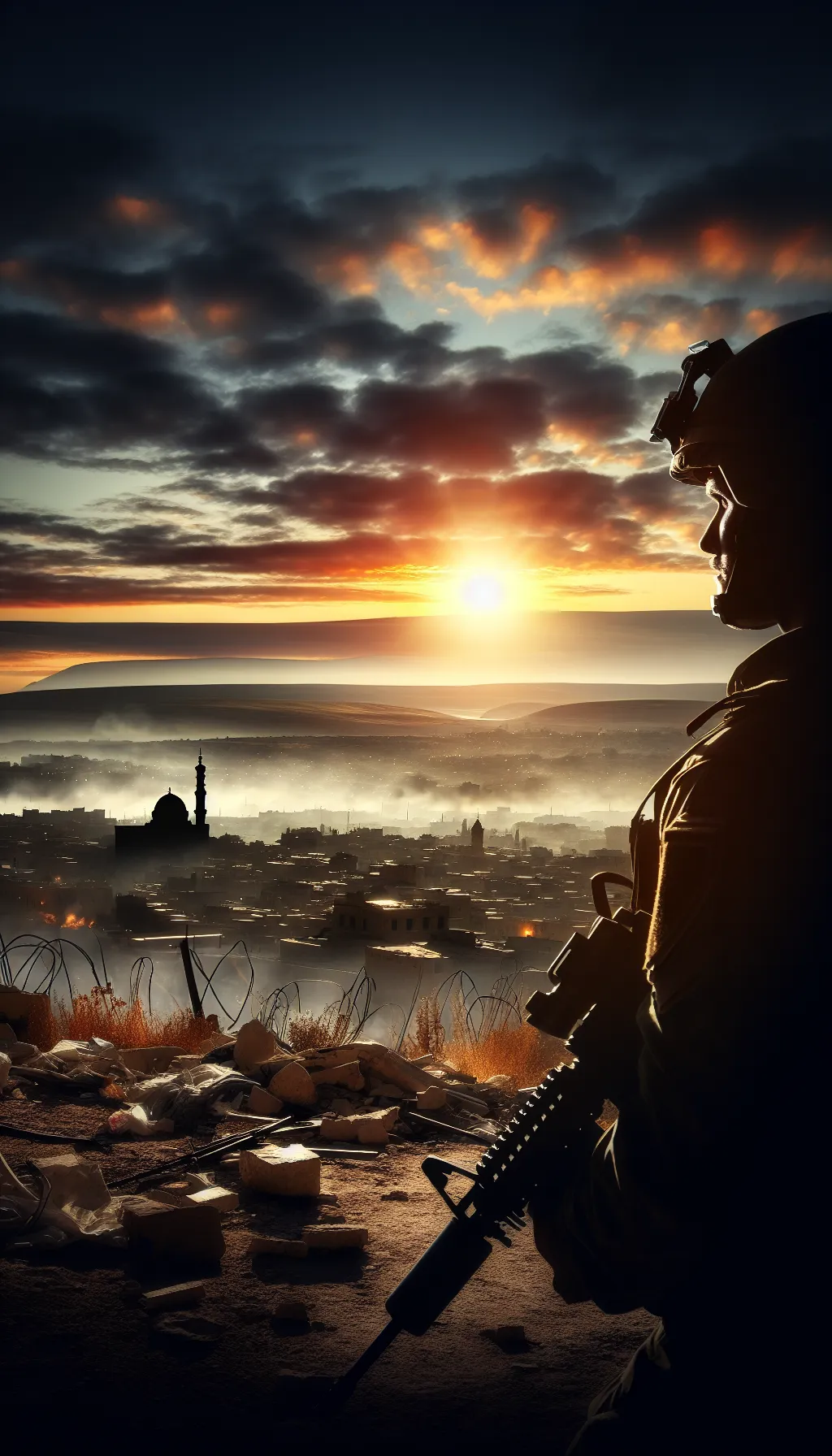Germany – Victory in Europe: The Dawn of a New Era - May 8, 1945
TLDR;
- Event: On May 8, 1945, Nazi Germany surrendered unconditionally, marking the end of World War II in Europe, known as Victory in Europe (VE) Day.
- Global Reaction: Celebrations erupted across Allied nations, with jubilant crowds in London, Paris, and Moscow, while other regions affected by the war marked the end of uncertainty.
- Ongoing Conflict: Despite the victory in Europe, the war continued in the Pacific, with Allied resources being redirected to that theater.
- Post-War Era: The end of the war in Europe heralded a period of reconstruction and the beginning of the Cold War, shaping the future geopolitical landscape.
–
Story
As the sun rose over the war-torn landscapes of Europe on May 8, 1945, a mix of silence and celebration marked the continent. In the ruins of battlefronts, there was a quiet relief, while in cities across Allied nations, jubilant crowds erupted in cheers. The guns had finally fallen silent in Europe; the war there was over.

For six long years, the world had been engulfed in the most devastating conflict in human history. Cities lay in ruins, millions had perished, and the very fabric of society had been torn apart. But on this day, the Allies celebrated a hard-won victory. Nazi Germany had surrendered unconditionally, and the specter of Nazi tyranny that had loomed over Europe was defeated, even as new challenges emerged in the form of Soviet domination in Eastern Europe.
The news of Germany’s surrender spread like wildfire. In London, Paris, and Moscow, jubilant crowds flooded the streets, their cheers echoing the collective sigh of relief felt across the globe. In North Africa and the Middle East, regions more affected by wartime supply lines and political shifts than by direct combat in the war’s final stages, communities gathered to mark the end of an era of uncertainty and fear.
Yet, even as Europe celebrated, the world remained on edge. The war in the Pacific raged on, with many Allied troops and resources already being redirected there after years of conflict. The end of World War II in Europe was not just a conclusion but a beginning—a chance to rebuild, to reconcile, and to forge a new path forward amidst the emerging tensions of the Cold War.
May 8, 1945, was a day of victory, but it was also a day of reflection. The immediate post-war period was marked by reconstruction efforts and new tensions, rather than a clear consensus on ‘lessons’ from the ashes of war, which would shape the future of nations and the lives of generations to come.
–
| Would a different approach to post-war reconstruction have changed the course of history? |